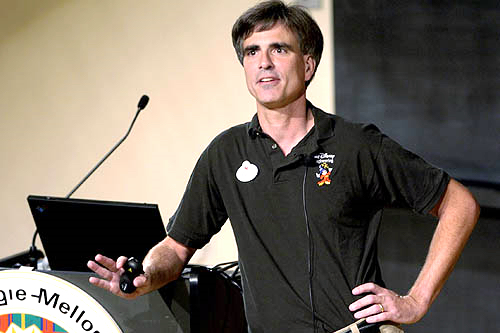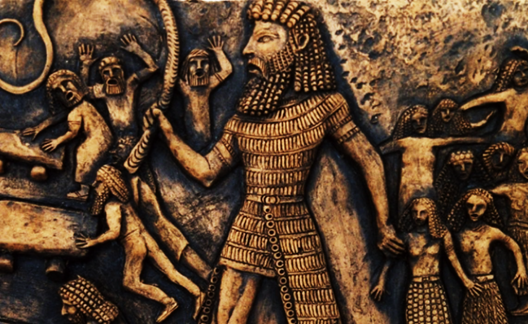According to Longfellow
I’ve written many articles about a requirement in my English classes while in high school. However, I didn’t memorize A Psalm of Life by Henry Wadsworth Longfellow or even read that poem. I just happened to notice it six decades after my years in high school while I googled something about Rudyard Kipling. Henry Wadsworth Longfellow’s life-spanned much to the 1800s, dying in 1882. He taught at Harvard and became one of the greatest writers in American history.
A Psalm of Life was written after his wife’s death due to a miscarriage in 1838. It was his means of addressing his loss, although the casual reader wouldn’t know it from the poem.
A Psalm of Life
Tell me not, in mournful numbers,
Life is but an empty dream!
For the soul is dead that slumbers,
And things are not what they seem.
Life is real! Life is earnest!
And the grave is not its goal;
Dust thou art, to dust returnest,
Was not spoken of the soul.
Not enjoyment, and not sorrow,
Is our destined end or way;
But to act, that each to-morrow
Find us farther than to-day.
Art is long, and Time is fleeting,
And our hearts, though stout and brave,
Still, like muffled drums, are beating
Funeral marches to the grave.
In the world’s broad field of battle,
In the bivouac of life,
Be not like dumb, driven cattle!
Be a hero in the strife!
Trust no Future, howe’er pleasant!
Let the dead Past bury its dead!
Act,— act in the living Present!
Heart within, and God o’erhead!
Lives of great men all remind us
We can make our lives sublime,
And, departing, leave behind us
Footprints on the sands of time;
Footprints, that perhaps another,
Sailing o’er life’s solemn main,
A forlorn and shipwrecked brother,
Seeing, shall take heart again.
Let us, then, be up and doing,
With a heart for any fate;
Still achieving, still pursuing,
Learn to labor and to wait.
Longfellow uses an interesting technique to engage the reader. He argues with a listener about the meaning of life. In Longfellow’s storyline, the listener apparently mentioned something about years of life. For Longfellow, life is more than that and pushes the discussion further. Longfellow and his listener need to grasp that they could die at any time. Therefore, they both need to face obstacles that might befall them. Longfellow asserts that merely living to reach one’s grave isn’t a logical choice.
Longfellow compares life to a battlefield and suggests the listener be a hero as he marches to his grave. There is much to see in life, but our clocks are ticking. Being a hero provides for those who follow an example about living life to the fullest. Living a meaningful life produces “footprints in the sand” for those who follow us. In turn, they will do the same for the next generation.
Longfellow affirms reaching out and helping our brother. He reminds us that we are all family. The issue for Longfellow is that there is more to life than merely being alive.
Finally, Longfellow concludes A Psalm of Life like a football coach would at halftime in the locker room. Go out there and fight the good fight. In that process, you will achieve your purpose by helping others. Longfellow ends with two further instructions, “Learn to labor and to wait.” He wants us to learn but be patient.
I’m not sure whether I would have grasped what Longfellow wrote while I was in high school. The best I could have understood was merely a cursory synopsis...work hard in life.
To be absolutely honest with you, my readers, I wouldn’t have grasped the essence of A Psalm of Life for most of the 81 years of my journey down the yellow brick of life. And neither will you unless you have danced with death. It wasn’t until the last dozen years of my life that I understood death. I knew, intellectually, that I would die someday. Nonetheless, it wasn’t until I did two dances with death that I began to understand and feel my finiteness...in my gut. Trust me. I began to live as I led death on the dancefloor of my life.
Longfellow’s wife died tragically due to a miscarriage when he was 30. A part of his life died in front of his eyes, which forced him to grasp dancing with death. He couldn’t have written A Psalm of Life unless he had done the dance when his young wife died.
I have written many essays about the movie Alfie and the haunting question What’s It All About, Alfie?
The song’s first verse lays it all out. “Are we meant to take more than we give/ Or are we meant to be kind?” In closing, this is my mantra. “It is in giving that we get.”
This is an audio presentation of Longfellow’s A Psalm of Life.


















